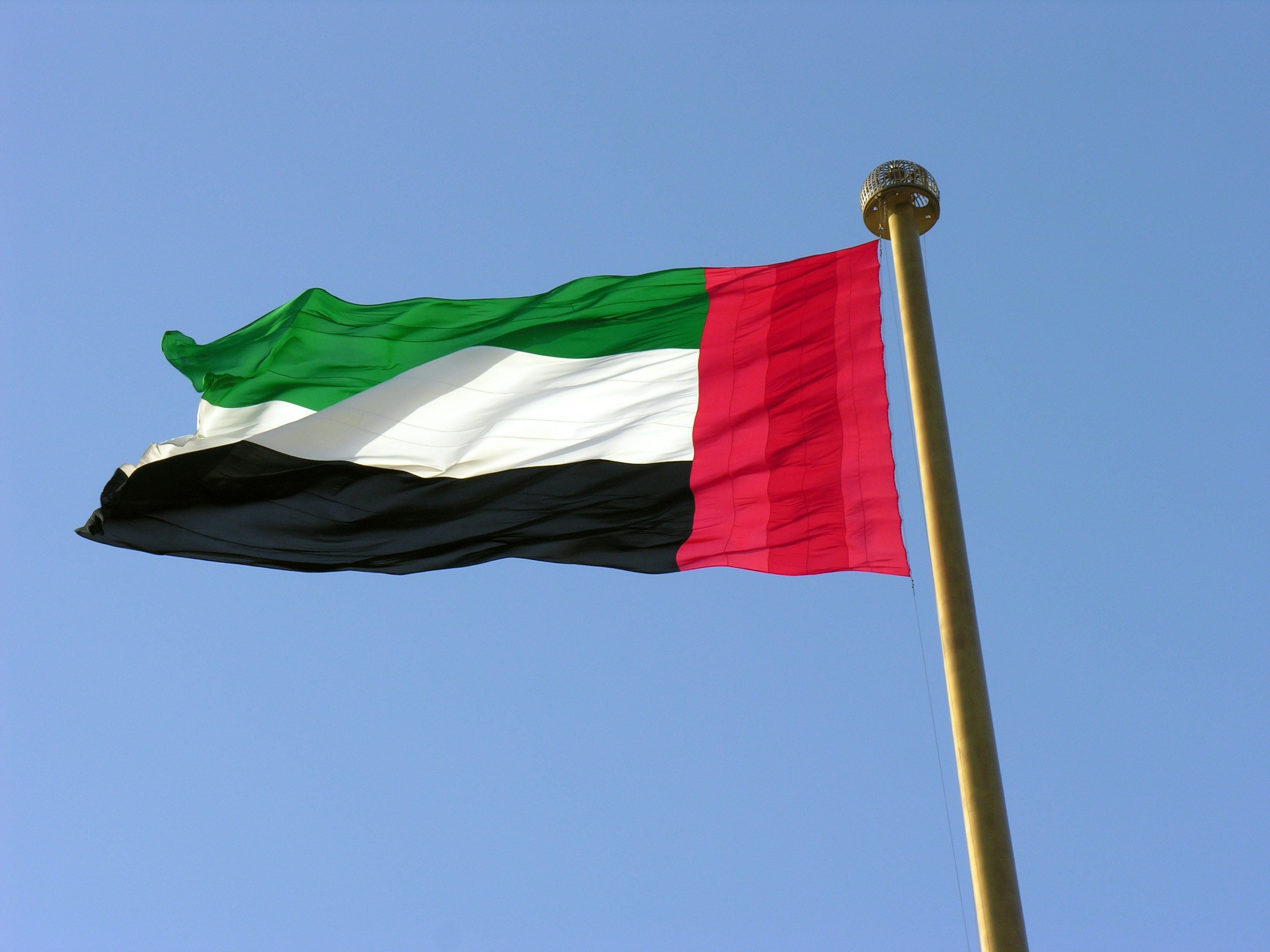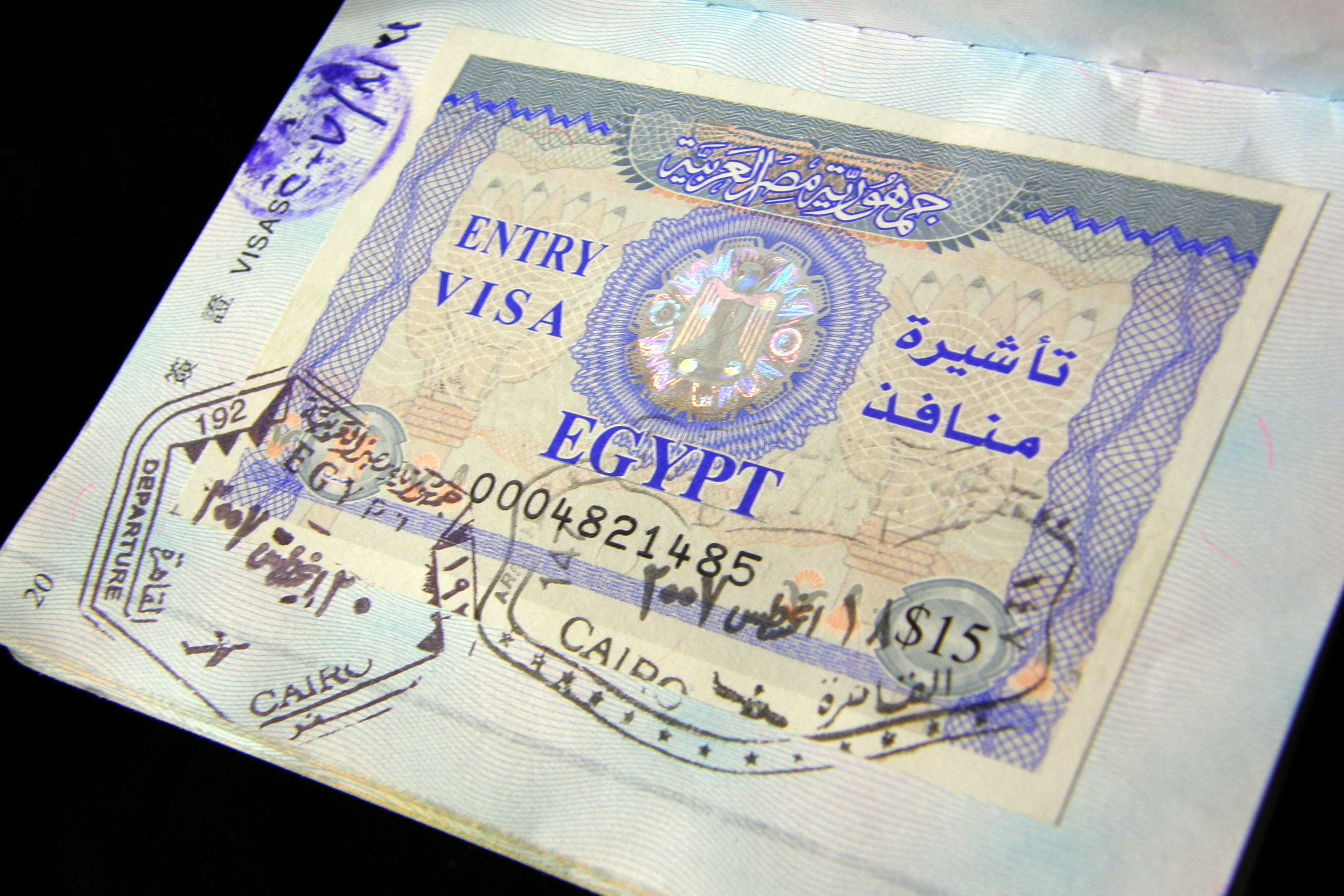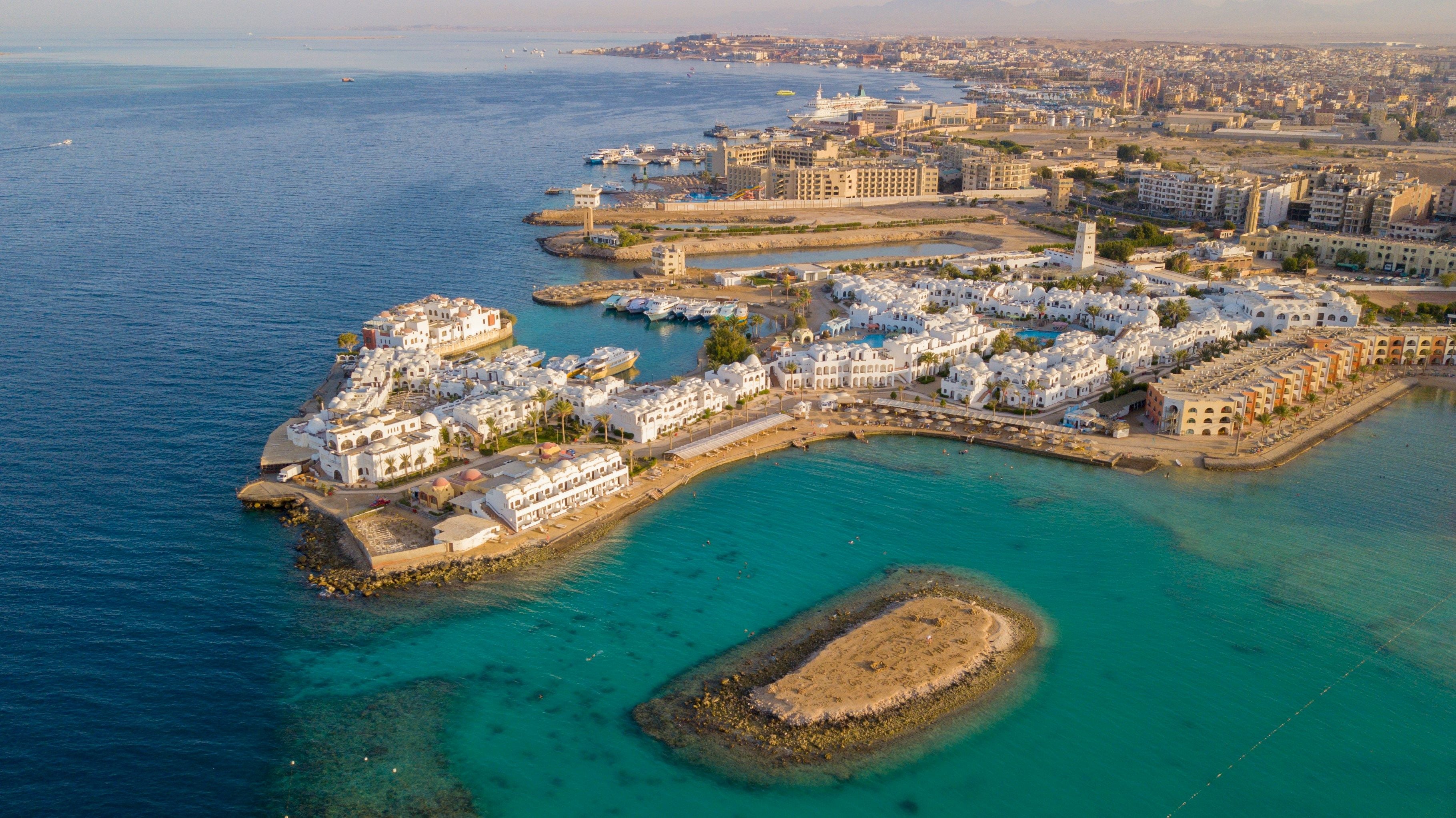
04/03/2026
Royal Air Maroc will be the only African carrier to launch flights to the US
Copy link
TwoContinents
31 October 2024

The United Arab Emirates (UAE) is attracting more and more foreigners who come here for work, education or investment. A stable economy, no income taxes and a high standard of living make this place home to people from all over the world. One of the first steps most people take after moving to the UAE is just to open a bank account, but how do you do it?
In the UAE, a bank account can be opened by both those with resident status and those who are in the country temporarily or wish to invest as non-residents. However, procedures vary depending on the status and purpose of opening an account.
For those with a resident visa, opening an account is relatively simple. Residents, which include employees working in the UAE, business owners and their families, can gain full access to banking products. For employees, all that is usually required is a passport, a resident visa and proof of employment, such as a certificate from an employer. UAE-registered business owners can open both personal and business accounts, as long as they provide registration documents and a business visa.
For non-residents, the situation is slightly different. Those without a resident visa who want to open an account can take advantage of more limited options. Banks offer such options primarily to investors who plan to place their funds in the UAE - for example, in real estate or business. Such customers can open special investment accounts exclusively for transactions. There is also an option to open an account for those who regularly visit the Emirates, for example, for business purposes. Accounts for non-residents, however, do not offer access to the full range of products, such as credit cards, and banks require providing detailed information about the origin of the funds. This is due to the UAE's anti-money laundering regulations.
If you are planning to invest in a property in Dubai then Two Continents can help you through the difficult processes. We have 7 years of experience in the real estate industry and provide comprehensive services. We will advise you on finding the right property, guide you through the process of applying for a loan, and even find clients for short and long-term rentals. We are available to clients 24 hours a day, 7 days a week.
In order to open a UAE foreigner's bank account in Dubai, specific documents are required that will allow the bank to verify the identity and origin of the funds. Documentation may vary slightly depending on the bank and the resident's status, but most banks have similar requirements.
For those with a resident visa, a passport with a valid resident visa, an Emirates ID (an identity card issued to UAE residents), and proof of employment are needed to open an account. This can be a certificate from an employer, an employment contract or recent pay stubs that indicate a stable source of income in the UAE. In addition, company registration documents are required if you are running a business.
For non-residents who want to open a UAE foreigner bank account, the process is more complicated. You will need a passport, a document proving your home address (such as a utility bill or rental agreement) and a salary certificate or other financial documents, such as bank statements for the last six months. The bank may also require a letter of recommendation from another bank, especially if the person has no financial history in the UAE.

Photo: Dubai / ZQ Lee, Unsplash
Opening a UAE foreigner bank account requires going through several steps. The process varies somewhat depending on your residency status and the bank you choose, but the basic steps are similar.
1. Selecting a bank and account type
The first step is to choose the right bank and type of account that best suits your needs. The UAE has both local and international banks that offer different products for residents and non-residents. A UAE foreigner's bank account can be a current, savings or investment account, depending on the intended use of the funds.
2. Prepare the required documents
The next step is to collect the relevant documents. By default, banks require a passport, a resident visa (if you have resident status), an Emirates ID, an employment certificate or business documents. For non-residents, you will need bank statements, proof of address in your country of residence and sometimes a letter of recommendation from another bank.
3. Apply at a bank branch
Most banks in the UAE require a personal appearance at a branch to open an account. A visit to the bank is an opportunity to fill out an account application and present documents. A bank employee may ask questions about the source of funds, which is part of the UAE's anti-money laundering policy.
4. Conduct verification and approve the application
Once the application has been submitted, the bank performs verification of documents and identity. This can take from a few days to a week, especially if you are opening a UAE foreign bank account as a non-resident. After successful verification, the bank will inform you that your application has been accepted.
5. Activate the account and receive the bank card
Once the application is approved, the account is opened and activated. Depending on the bank and type of account you choose, you will receive a debit card and access to online banking. For some non-resident accounts, access to services may be limited, such as no credit card or access to lines of credit.
For foreigners in the UAE, the best options are Emirates NBD and HSBC Middle East, which offer convenient access to online banking and a wide range of international services, ideal for those with global financial needs. Mashreq Bank and RAKBANK are also popular for their competitive fees and simple account opening procedures. Choosing the right bank depends on individual needs, such as the availability of credit cards and savings options.
Yes, in the UAE most banks charge account maintenance fees, but the amount of these fees varies from bank to bank and account type to account type. Monthly fees often range from a dozen to several dozen dirhams, especially if the account balance falls below a set minimum. Some banks offer savings accounts with zero fees, provided minimum balance requirements are met. Additional fees may apply to credit cards, international transfers and other banking services.
It is possible to open an online account as a foreigner in the UAE, but usually available mainly to those with a resident visa and already verified bank customers. Some banks offer the option to open an account remotely for non-residents, but the procedure is more complex and requires providing detailed documents, such as bank statements and proof of funds. In practice, most new non-UAE customers must undergo verification in person.
Photo: piggy bank/ Andre Taissin, Unsplash
See other news

04/03/2026
Royal Air Maroc will be the only African carrier to launch flights to the US

03/03/2026
Leo Express launches services from Krakow to Warsaw

01/03/2026
Dubai Mall – area

01/03/2026
Burj Khalifa – which floor to go to?

01/03/2026
United Arab Emirates - a guide for tourists

28/02/2026
No more expensive internet in the Balkans? EU roaming on the way!

28/02/2026
From March visas to Egypt will be $5 more expensive

28/02/2026
Krakow finally obtains environmental approval for the construction of a new runway

28/02/2026
Corendon Airlines will fly from Warsaw and Katowice to Hurghada

28/02/2026
Wizz Air has announced the launch of a new route from Warsaw to Zadar